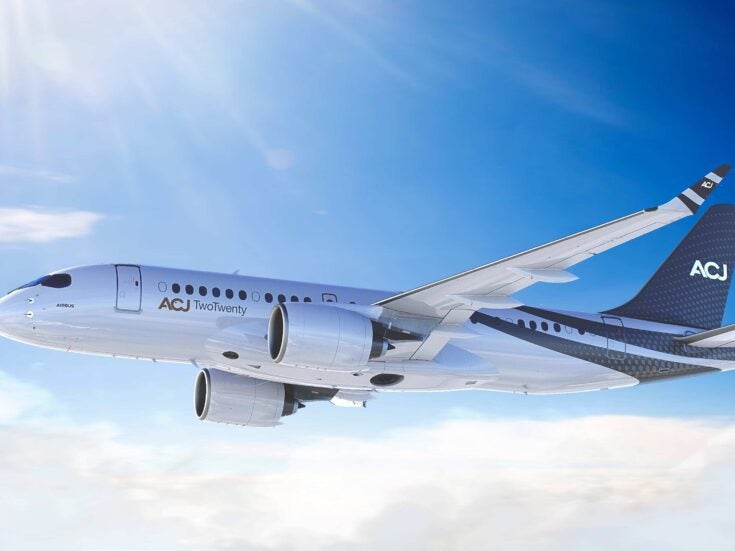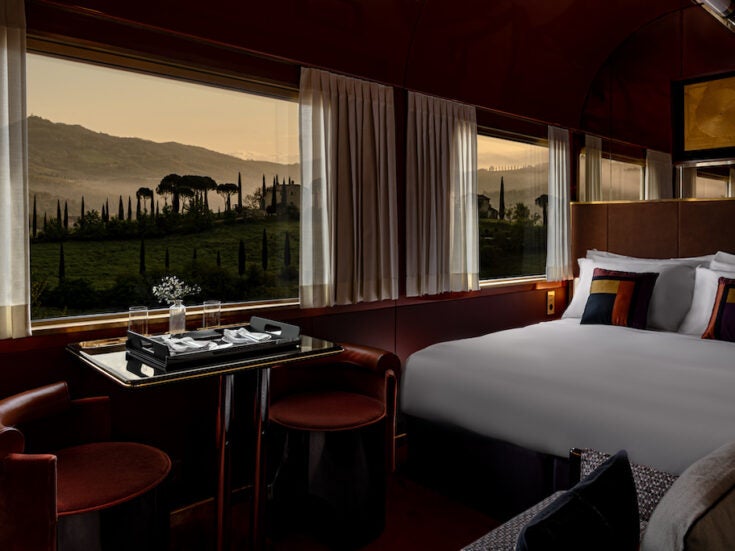
 Luxury hospitality consortium The Leading Hotels of the World is celebrating 85 years since it launched with 36 hotels in the late 1920s. Today the company has grown to over 430 hotels.
Luxury hospitality consortium The Leading Hotels of the World is celebrating 85 years since it launched with 36 hotels in the late 1920s. Today the company has grown to over 430 hotels.
Since 1928, The Leading Hotels of the World has curated and championed an exclusive collection of independent luxury properties. The fact that each of its member hotels is unique, with its own individual style, is a source of great pride, and a hallmark of the LHW brand.
The Leading Hotels of Europe: 1928
Throughout the 1920s, people who traveled extensively did so in lavish style. It was the era of Grand Tours, steamer trunks, lengthy stays in luxurious hotels, and gourmet dining.
The Leading Hotels of Europe was founded during this period of gracious living. It was inspired by an entrepreneurial group of forward-thinking European hoteliers who came together to court the ever-growing elite strata of international travelers.
The Leading Hotels of Europe was launched to acquire the American travel business – an up-and-coming lucrative market for European hotels. By referring these time-honored guests to each others’ hotels, they realized they could all reap the mutual benefits of increased business.
Thus, the first LHW office opened in New York City in 1928 with the objective to cooperate more fully with American hotels and travel agencies, and to maintain closer contact with American citizens who may desire to visit Europe.
The Early Years: The Leading Hotels of Europe and Egypt
In 1930, a European hotelier requested that the hotels he managed in Egypt become members. As a result, the company’s name was modified to The Leading Hotels of Europe and Egypt. The company espoused independent family-owned luxury hotels.
The Manhattan office of Leading Hotels sent employees to New York’s piers to catch Americans as they headed to the docks to board trans-Atlantic cruises, offering to book luxury hotel rooms in Europe for their arrival.
At the time, ocean liners were the only means of travel between the United States and Europe. This proved to be an ingenious strategy — while the customer traveled across the Atlantic, the Leading Hotels agents would telegraph reservations to the hotels.
According to the first brochure distributed by Leading Hotels, “A luxury hotel is one which can offer its guests beautiful and luxurious apartments, and irreproachable cuisine, and perfect individual service; such amenities of life, in fact, as they enjoy in their own homes from their own servants. It is visitors from the United States who have fixed the standard of the luxury hotels of Europe and Egypt; it is their progressive and discriminating taste which has made the luxury hotel a necessity.”
By the late 1930s the world was on the brink of war, and American citizens were no longer traveling to Europe for pleasure. During World War II, in the summer of 1940, Le Bristol Paris became the home of the American embassy and American nationals living in Paris, ensuring that Le Bristol was the only Parisian hotel to avoid requisition.
Four years later, on August 25, 1944, Ernest Hemingway, a passionate and faithful guest of the Ritz Paris, entered the hotel with a machine gun, accompanied by members of the resistance, determined to chase out the last remaining Germans. He then symbolically proclaimed the hotel’s liberation from the bar which now bears his name.
The post-war years: resurgence in travel
After the war, The Leading Hotels of Europe and Egypt went back to business as usual. The travel industry experienced a dramatic upturn, and in the 1950s Leading Hotels boasted over 70 member hotels.
By 1957 airliners had replaced ocean liners as the preferred means of crossing the Atlantic. Between 1955 and 1972, passenger numbers more than quadrupled. Falling fares in the 1970s allowed many more people to fly and undermined the exclusivity of jet travel.
In 1971, it was determined that the company should expand its scope and attract new members from around the globe. The decision to include more non-European hotels was dictated by the ever-growing need to satisfy the increasing demands to travel to other continents. But it was not until 1978 that the company acquired the official name: The Leading Hotels of the World, Ltd.
Late 20th century: technology and travel
When the company began, reservations were documented using both mail and telex. The Leading Hotels office in New York had availability charts from the hotels, and everything was done manually. In 1974, Leading Hotels became the first hotel company to use a computer-satellite based reservations system.
Almost all of Leading Hotels’ business came from travel agents until the mid-1970s when the company obtained a ‘WATS line’, otherwise known as a toll-free phone number. It was considered cutting edge to have a toll-free 1-800 line for both travel agents and direct consumers.
The Leading Hotels of the World Directory in 1975 reflected a membership of 116 Hotels in 23 countries. Per the directory, hoteliers and travel agents were reminded of the following: ‘Seemingly minor things, such as the guest’s aversion to different colors or kinds of flowers, may, if known to the hotel, make the difference between a satisfied and an exceptionally satisfied client.
As chain branded hotels became more ubiquitous, the preservation of independent luxury hotels remained a key focus. The 1980s saw the number of Leading Hotels surge to over 200 and by 1999 there were 315 hotels in 68 countries. As the company continued to grow, it did not lose sight of its past – it has been said, “If you don’t know history, then you don’t know anything. You are a leaf that doesn’t know it is part of a tree.”
The 21st century: stay independent!
Since 1928, the mission of The Leading Hotels of the World has been to preserve and enhance the importance of independent, often family-owned, hotels. Today’s affluent traveler continues to embrace new cultures. An independent hotel, a truly wonderful one, is a temple of the local way of life. It is an emblem of authenticity and the way things are done in its destination. It celebrates the unique rather than smoothing it over.
Andrea Kracht, chairman of The Leading Hotels of the World and proprietor of Zurich’s venerable hotel Baur au Lac, states: “I believe that a keen sense of our common history is at the heart of what makes us Leading Hotels of the World, both as a company and as individual hotels who belong to this company. Leading Hotels was founded 85 years ago.
“This may sound like an eternity compared with the hundreds of start-ups in the travel industry. But in the context of our 430 hotels, it is nothing out of the ordinary. For example, Baur au Lac was founded by my ancestors 170 years ago – that’s exactly twice 85 years! This shows that our connection with history doesn’t stem from an obsession with the past, on the contrary, it is a core part of who we are and it drives our vision of what we want to become.”
Staying at an independent family-owned hotel can even change the way an individual perceives the world. Ted Teng, president and CEO of Leading Hotels, explained: “Multi-generational family ownership of a hotel enhances the guest experience. Families invest in their hotels for the long-run, not just short-term profits. Rather than a three- to five-year exit strategy, they are looking at three- to five-generation investment.
“Family owners tend to hire managers who are from the area and have a deep and true understanding of the location. And, of course employees are more likely to stay at the same hotel longer thus providing consistent direction and continuity. They recognize regular guests and appreciate the support of their hotel family.”
Today’s travelers deserve the refinement of a bygone era, as well as exciting and valuable new services to smooth the way to effortless journeys. With Leading Hotels’ unparalleled portfolio comes an added responsibility to its guests – to ensure that, while each hotel is different from the others, each one upholds its stringent quality standards and delivers an outstanding degree of product and service.
Although Leading Hotels requires that clear sets of guidelines are followed, we also encourage each hotel, above all, to remain distinct in character and authentic to its culture, and to continue to tell its own special story.






